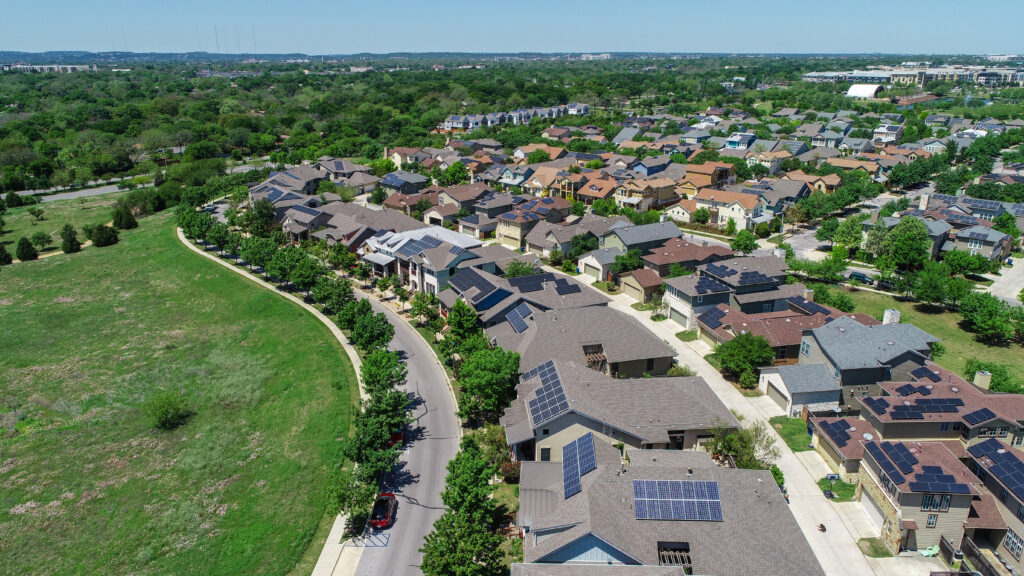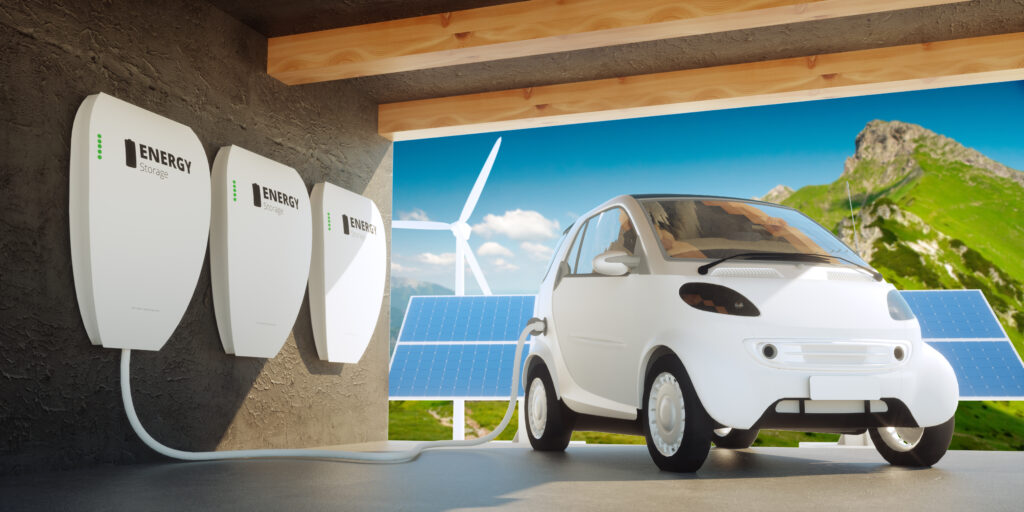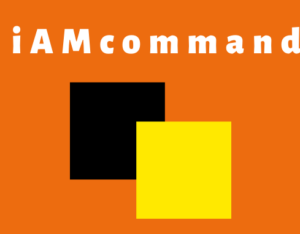Should You Get Solar?
Short Answer? Yes!
Long Answer? Yes. Do it right now. If you can.

These days, the main barrier to massive solar adoption is complexity.
But not the complexity of the technology. The complexity of information around it.
The product is easy enough to understand: You install technology on your roof, it catches sunlight then it produces electricity for me, and slash my electric bill. That’s easy enough. The problem comes when people start asking the typical questions they ask when dealing with other solutions.
So how much is it exactly? Can’t say – that depends on how much electricity you use.
But I need to know if I can afford it, otherwise, what’s the point? You CAN afford it, because you are already paying for the electricity you use! Like everything in this world that cost more than groceries, you can easily get financing for your solar system. The best part is that, if you qualify, your payments for your solar system simply replace your electricity bill.
Great, I can finance it. But how much am I financing? What’s the interest rate? I need some details? And besides I spend more on my cable-tv and internet than I spend on electricity anyways. This is not a priority at this time.
It is too complex a solution for most people to appreciate. And it solves too little a problem for most people to care.
At iAMcommand, we will help you rein in this complexity. We will help you turn all that complicated info you have about torched-down flat roofs, about net metering, and time-of-use pricing, into simple easy to grasp ideas.
We will help you simplify. We will help you overcome the dreaded response: “But the interest rate is so high! I’ll save up to buy it in cash!” We can win by educating the customer about the details of their perceived concerns. Not by the details of the solution.
Smartphones and computers for your business are relatively complex machines that today solve very simple needs: I make lots of phone calls while I am out and about, but I also need to be able to read emails, send important tweets, pay for lunch with my mobile wallet, look up the meaning of “Bitcoin Blockchain” etc. Obviously smartphones can do way more than these, but these are enough reason for most people to believe that they need to own a smartphone.
Similarly, running a company’s business operations would require you to invest in computers, printers, and wireless internet service for your staff. They need to be able to use several applications for effectively running your business (from word processing to managing spreadsheets, and taking part in video conference meetings inhouse and with external partners). So there’s no longer the need to prove why people need computers and smartphones today.
However, you’d have had to explain why smartphones are necessary to lots of people back in year 2000, and computers back in 1985. And those in the solar industry largely feel the same way today about solar. We just need to get them into a future mindset.
At iAMcommand, we are convinced that in the not so distant future, energy generation, and even some distribution would become democratized.
We believe that most nations of the world wouldn’t need to subsidize solar energy anymore because they would put a much talked about “carbon tax” on fossil fuels. We believe they would do this not just because it is the right thing to do for the environment, but because they would realize that, by then, it would be much cheaper to encourage the full shift to renewable energy than to do nothing but watch the slow but certain death of profits in the oil and gas sector.
People got computers and smartphones very quickly, but it would take us a while longer to get solar and wind energy. but we will get it.
So at iAMcommand, we expect the solar to begin to win the battle by being cheaper. But this is not enough to force mass adoption because the concepts of solar loans, power purchase agreements and solar leases are still too complicated for most Americans. Plus the fact that energy generation and the current price of electricity is not that much of a problem for Americans (even in California). Yet!
But we expect these to change in the coming years.
Nevertheless, we think the ability to sell your excess solar energy to your neighbors, or to the office building down the street, would be the catalyst for a bigger shift in public and corporate interest in independent energy generation.
We are convinced that people would want to have a battery in their home that will help them avoid peak pricing, while they participate in the soon to come energy markets.
The complexity of these things is the reason for the slow adoption of solar & home batteries right now. But just like every car company is now following Tesla’s lead by building compelling and desirable electric vehicles, so much so the value of distributed energy generating and storing resources will become more manifest as more clarity is gained on this opportunity in the investment world.
Give is a call if you’d like to get ahead of this shift before the herd.

The Future Of Solar!
Again, YES
We believe that two sectors that will drive solar adoption in the next 5 years would be farming and cryptocurrency mining. More on this in our blog posts later.
One of the most interesting things in the world is to visit the popular renewable energy blog postings from 2012 just to read through the comments from that post, and then come back to a blog post from 2020 and read the comments in that one. You would quickly find the arguments will pretty much follow the same trend.
And yet, taking one step back to take a look at the overall picture, you’d soon realize that the circumstances are changing rapidly. The cost of manufacturing solar has fallen tremendously, and is still falling. The number of solar installing companies has grown tremendously, and some of them are now consolidating into larger companies that can raise greater capital to attack larger solar projects, which leads to greater demand for solar panels, which inturn accelerates the cost decline in solar manufacturing.
For whatever reason, the naysayers refuse to appreciate this dynamic, despite it being the natural order of things in every industry that has come before. The solar industry is as much a fad that will eventually die out as the internet was a fad that was always doomed to die out.
But then things become even more interesting when you consider electric cars. The growth of the electric vehicles industry helps the solar industry, not only because electric car owners are more likely to consider getting solar panels to make their cars greener and reduce the cost of electricity, but also because the manufacturing of EVs will improve the economics of manufacturing home batteries in general. And when batteries become cheaper and more efficient, they become even better at storing solar energy for homes and businesses and this makes it easier to make even cheaper electric vehicle batteries. A virtuous circle.
Momentum is on the side of renewable energy, so get with the program. Our goal is to help you do just that!


